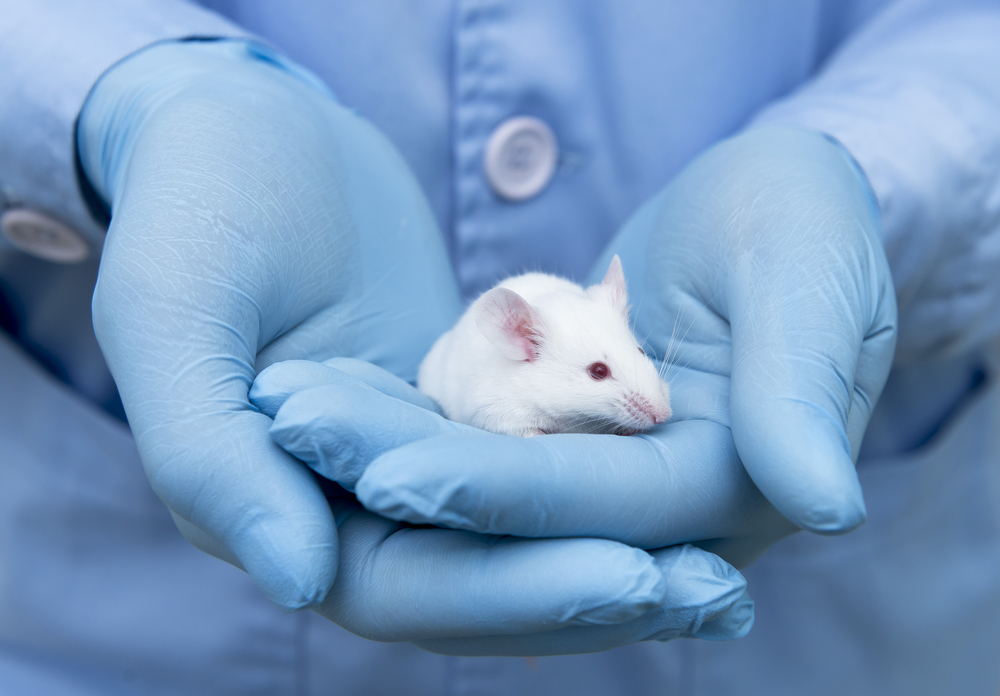Inflammatory Th17 Cells Seen to Trigger Obsessive Compulsive Disorder in MS Mouse Model
Written by |

The pro-inflammatory Th17 cells that characterize multiple sclerosis (MS) may also underlie symptoms of obsessive-compulsive disorder (OCD), results of a mouse study show.
The study, “Auto-Reactive Th17-Cells Trigger Obsessive-Compulsive-Disorder Like Behavior in Mice With Experimental Autoimmune Encephalomyelitis,” was published in the journal Frontiers in Immunology.
“For the first time, we are reporting a likely link between OCD and an important arm of cell-mediated immunity,” Avadhesha Surolia, the study’s senior author, and an honorary professor at the Indian Institute of Science in Bengaluru, India, said in a press release.
“Until now, we have looked at neuropsychiatric diseases as purely a neurological problem, ignoring rather completely the immunologic contribution,” Surolia added.
Patients with autoimmune diseases like multiple sclerosis can develop OCD, an anxiety disorder. But central mechanisms linking these disorders remain elusive.
Researchers at the institute used the chronic experimental autoimmune encephalomyelitis (EAE) model, an established MS mouse model, to characterize the psychological abnormalities associated with MS.
Ten days after the induction of MS-like symptoms, they saw that mice developed a repetitive behavior similar to OCD — the animals spent an excessive amount of time, 60 to 70 percent more than a healthy control group of mice, grooming themselves Excessive behavior was also seen in compulsive nestlet shredding and marble burying.
Researchers then focused on a group of cells, called Th17 lymphocytes, known for their pro-inflammatory properties. Th17 cells play a key role in the destruction of the nerve cells’ protective myelin layer, a hallmark of MS.
To determine the relative contribution of Th17 cells to the OCD-like symptoms, they infused Th17 cells into the EAE mice. They also infused mice with Th1 cells, another group of autoreactive immune cells also linked with MS.
Although both groups of animals developed signs of MS, only mice given Th17 cells showed a significant increase in grooming activity, as well as marble burying and nestlet shredding behavior.
“We observed unexpectedly high grooming activities in diseased mice which in some cases manifested as hair-less patches and/or injuries,” the researchers wrote. “The repetitive behavior was noted to be quite similar to OCD in human subjects … firstly, diseased mice devoted unusually greater time in grooming themselves which can be viewed as over-grooming; second, the grooming behavior was rigid in pattern and rigidity is a characteristic feature of OCD; thirdly, the behavior had a[n] anxiety component.”
Brain analysis of Th17-infused mice with excessive grooming behavior showed that these cells lodged primarily in two brain areas known to regulate grooming in mice — the brainstem (the region that connects the cerebrum with the spinal cord) and the brain cortex.
EAE mice treated with digoxin, a selective inhibitor (blocker) of Th17 differentiation, reduced by half the animals’ grooming activity.
Neurotransmitters, like serotonin, were previously linked with OCD, and researchers saw a considerable reduction in serotonin levels in the brain stem and cortex of the EAE mice. Mice treated with an antidepressant that boosts the uptake of serotonin, like fluoxetine (sold as Prozac), reduced their obsessive grooming behavior.
These results suggest that the infiltrating Th17 cells eventually may disrupt serotonin signaling, triggering the OCD-like symptoms. Additional neurotransmitters, like glutamate, may also play a role in the compulsive behavior — perturbed glutamate signaling is known to underly several neuropsychiatric disorders, including OCD.
“[I]t could be proposed that autoimmunity due to Th17-cells or any condition leading to a persistent increase in this particular repertoire of immune cells is a risk factor for neuropsychiatric illnesses,” the study concluded.
Its researchers suggest that therapies targeting the pro-inflammatory Th17 cells may help to halt the development of OCD in people with MS and possibly other autoimmune diseases.
“In this way we will be able to treat the root cause of the malady rather than targeting its manifestation and the symptoms,” Surolia said.


